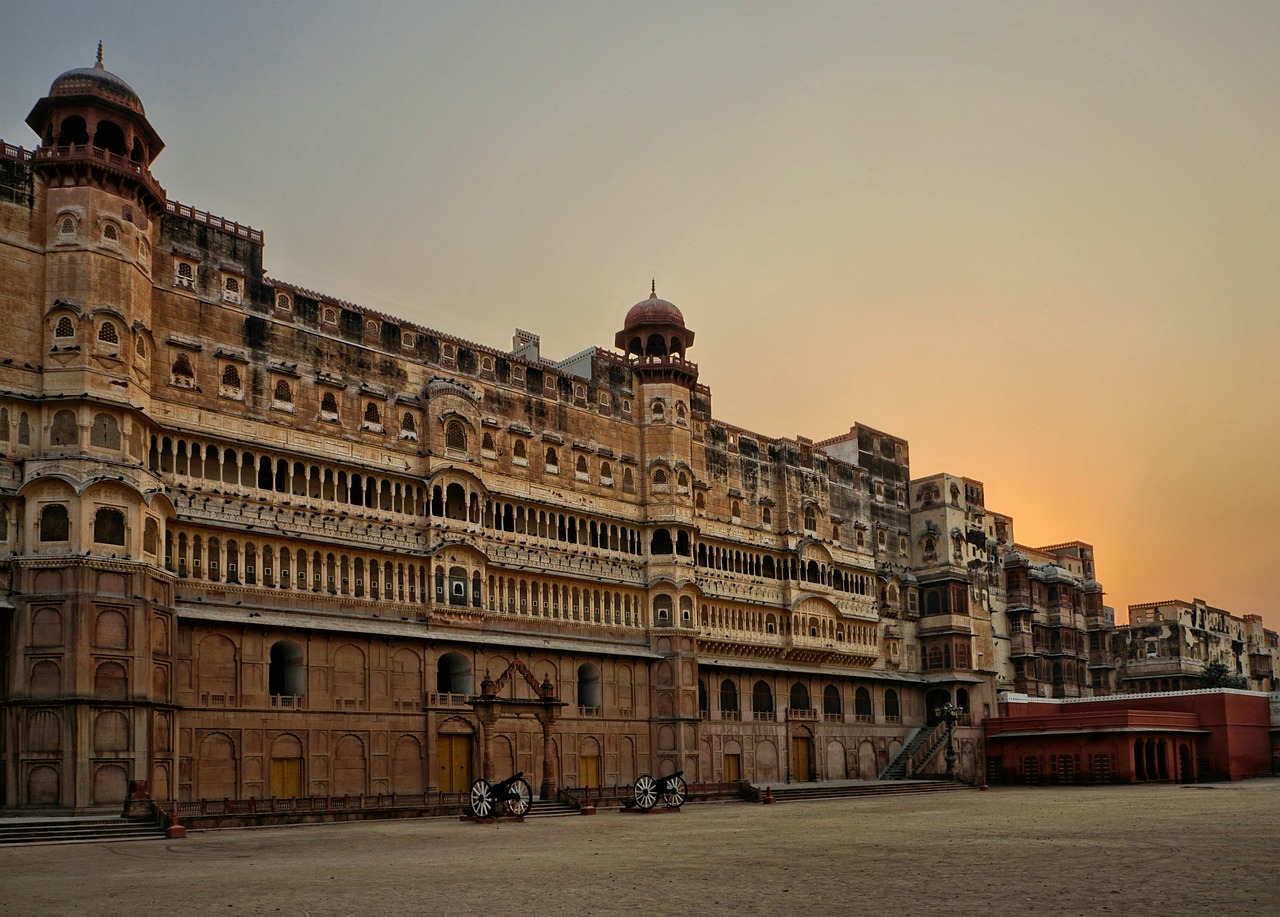Minority Representation in Government: Overcoming Barriers to Access
Representation in government is crucial to ensure that the voices of all individuals are heard and considered in decision-making processes. When individuals from diverse backgrounds are part of the governing body, policies and initiatives are more likely to address the needs and concerns of the entire population. It allows for a wide range of perspectives to be taken into account, leading to more comprehensive and effective governance.
Furthermore, diverse representation in government promotes inclusivity and engenders a sense of belonging among marginalized communities. When people see individuals who look like them or come from similar backgrounds holding positions of power, it can inspire others to engage in civic participation and strive for leadership roles. This representation not only improves the legitimacy of government institutions but also fosters a sense of trust and confidence in the political system as a whole.
Challenges Faced by Minorities in Running for Political Office
One of the primary challenges facing minorities in running for political office is the lack of access to financial resources. Campaigns can be expensive, and many minority candidates struggle to compete with more established and well-funded opponents. Without sufficient funding, it can be difficult to reach and connect with voters, limiting the ability of minority candidates to effectively campaign for office.
Another significant challenge is the issue of voter discrimination and suppression. Minority candidates often face obstacles such as gerrymandered districts, voter ID laws, and other forms of voter suppression tactics that disproportionately affect minority communities. These barriers can make it harder for minority candidates to mobilize their base and ensure that all eligible voters have the opportunity to cast their ballots.
Historical Barriers to Minority Participation in Government
Historically, minority groups have faced numerous barriers when attempting to participate in government. From the time when only landowning white males had the right to vote, to discriminatory practices such as poll taxes and literacy tests that targeted minority communities, the path to political office has been fraught with obstacles for many. These systemic barriers not only limited access to voting but also hindered the ability of minorities to hold positions of power and influence within government structures.
Furthermore, deeply ingrained prejudices and stereotypes have perpetuated the belief that certain minority groups are not fit or capable of effectively leading in governmental roles. This has resulted in underrepresentation of minorities in decision-making processes, perpetuating a cycle of marginalization and exclusion from the political sphere. Despite these challenges, it is essential to acknowledge the historical context in order to understand the persistent disparities in representation and work towards creating a more inclusive and equitable system for all individuals seeking to engage in government.
• Discriminatory practices such as poll taxes and literacy tests targeted minority communities
• Limited access to voting for minority groups
• Hindered ability of minorities to hold positions of power within government structures
Historically, deeply ingrained prejudices and stereotypes have perpetuated the belief that certain minority groups are not fit or capable of effectively leading in governmental roles. This has resulted in underrepresentation of minorities in decision-making processes, perpetuating a cycle of marginalization and exclusion from the political sphere. Despite these challenges, it is essential to acknowledge the historical context in order to understand the persistent disparities in representation and work towards creating a more inclusive and equitable system for all individuals seeking to engage in government.
Why is diverse representation in government important?
Diverse representation in government ensures that a wide range of perspectives and experiences are taken into account when making decisions that impact society as a whole.
What are some challenges faced by minorities in running for political office?
Minorities often face barriers such as lack of access to resources, institutional discrimination, and voter bias when running for political office.
What are some historical barriers to minority participation in government?
Historical barriers to minority participation in government include discriminatory laws, policies, and practices that have marginalized minority communities and limited their ability to effectively participate in the political process.







